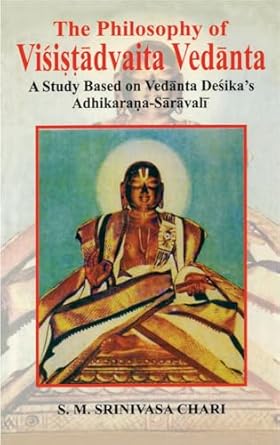2.54 Section 31
2.54.1 Bare Act Provision:
31. Jurisdiction to try offences.―No court inferior to that of a presidency magistrate or a magistrate of the first class shall try any offence under this Act.
2.54.2 Interpretation
Section 31 of the Ancient Monuments and Archaeological Sites and Remains (AMASR) Act, specifies the courts authorized to try offences under the Act. Only courts presided over by a magistrate of the first class can hear and decide cases related to offences under the AMASR Act, such as damaging protected monuments or unauthorized construction. Lower courts like JMFC are not allowed to try these cases. This provision ensures that offences related to Bharat’s cultural heritage are adjudicated by senior and experienced judicial officers, promoting consistent and competent handling of cases to uphold the Act’s objective of protecting nationally significant monuments and antiquities.
The term “presidency magistrate” is outdated, as it reflects colonial era judicial structures, and its modern equivalent may not be uniformly applied across jurisdictions, causing confusion. This ambiguity could lead to jurisdictional disputes or delays in identifying the appropriate court, undermining efficient enforcement. The section does not mandate timely or expedited trials, risking prolonged legal proceedings that could delay justice for heritage related offences, especially given the backlog of cases in Bharat’s judicial system. Such delays may reduce the effectiveness of penalties and allow ongoing damage to monuments or antiquities.

Image credit: https://x.com/GemsOfINDOLOGY
Know more about Temple Laws ….


![Sri Vedanta Desika Stothrani - Sanskrit [Paperback] Giri Trading ...](https://m.media-amazon.com/images/I/51Dc9UWjHmL._SY445_SX342_.jpg)
